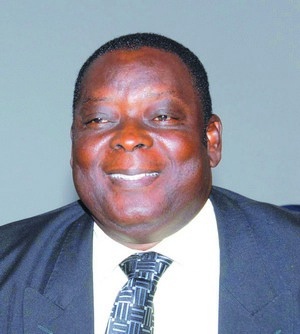Mr. Mark Owen Woyongo, Upper East Regional Minister, has expressed concern about the poverty situation in the Northern Savannah Regions of the country.
He said the Northern Savannah Regions of Ghana had the highest incidence of poverty with 56 per cent.
Mr. Woyongo said this when a delegation made up of students and lecturers of the Kwame Nkrumah University of Science and Technology, who as part of an educational tour to the Upper East Region called on him.
The tour which forms part of their studies is to offer the students the needed training as high level man power planners to help in the formulation of government policies at various regions, municipalities and the country as a whole.
He noted that the resultant effects of the current low level of development in the Upper East Region was the high incidence of poverty, saying the three northern regions continue to top the country as the poorest regions by all poverty indicators as revealed in the Ghana Living Standards Survey of 2000.
A recent survey conducted by the World Bank, he said, placed the region as the poorest region in the country, having taken over from the Upper West Region, making it the poorest in the country currently.
Mr Woyongo explained that it was pertinent to relate poverty to economic activities in which most households were engaged in, adding that the Upper East Region which falls within the rural savannah zone of Ghana and is predominantly a rural food crop area, could best be described as a region of comparatively high incidence of poverty.
Mr. Woyongo observed that the region realizing its inability to eradicate extreme poverty had launched an appeal for assistance from the region’s development partners by way of funds and other logistics.
He announced that as part of the Savannah Accelerated Development Programme to bridge the development gab between the northern and southern sectors of the country, there would be a sod cutting ceremony for the construction of a millennium village to be situated between West Mamprusi and Builsa South districts.
Dr Kwasi Osei Agyeman of the Department of Planning, and head of the delegation, said the tour is in two phases made up of the Southern and Northern sectors explaining that the educational tour was to offer the students some practical tuition to complement those with the theoretical lessons they received at the universities.
He said the students would visit major government agencies to ascertain some of their development challenges and potentials and the way forward towards solving deprivation in this part of the country.
He noted that SADA as an initiative at reducing extreme poverty is an area they intended to study.**
Regional News of Wednesday, 30 May 2012
Source: GNA

















